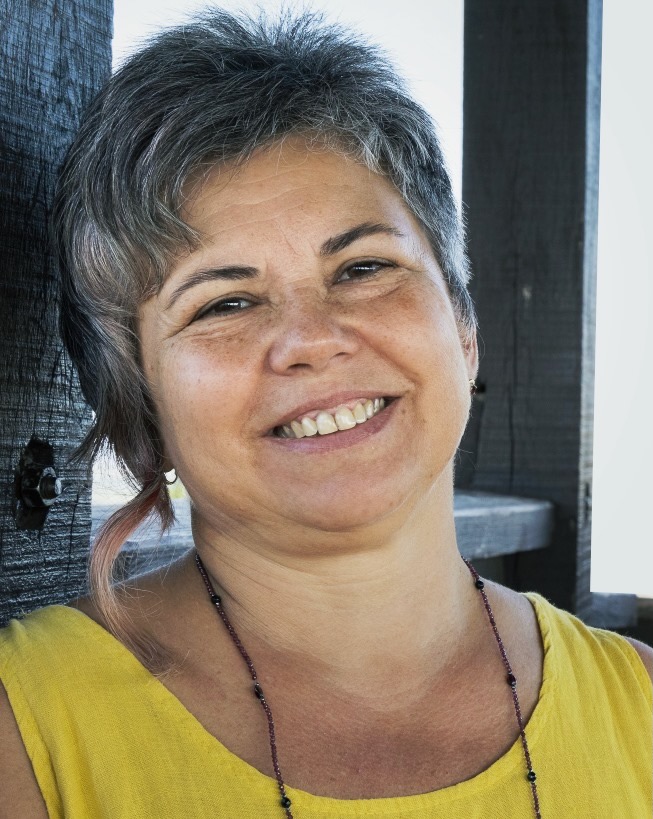The Path of Reiki Method Accreditation and Recognition in Romania
Ritsumei (安心立命) – a state of complete peace of mind, accepting all circumstances, good and bad, with a calm heart.
The practice of Reiki is based on two interconnected aspects:
- Health and prevention – supporting the healing process by inducing relaxation and stimulating the body’s natural self-healing functions.
- Spiritual practice – a path to inner harmony, personal development and connection with the infinite potential of the Universe, leading to the attainment and consolidation of Anshin Ritsumei.
Early steps in Romania
In 2006, I recognised the need among Reiki practitioners in Romania to bring clarity to the practice and to create a safe (both informational and energetic) space for Reiki activities. This led to the founding of the Usui Reiki Association. At the time, we were unable to emphasise the spiritual dimension of Reiki, because many religious institutions in Romania prohibited or heavily restricted its practice.
In Romania we use the term “Reiki method” and acknowledge Mikao Usui as the founder. With its 100-year tradition, we explain that Reiki Principles (Gokai) are not in conflict with Christian dogma. In everyday life, applying the Reiki method is for the benefit of health and well-being.
Since 2007, Law 118 has referred to the organisation and functioning of complementary and alternative medicine practices. However, because no application norms were ever issued, the law cannot actually be used. There are no occupational standards, no accreditation or training methods, and no forms of certification recognised by any ministry or national institution.
Association initiatives
In 2012, our Association prepared internal regulations for Reiki activities, a code of ethics for practitioners, and a practitioner’s guide for volunteers. We also carried out an internal study in which 470 Reiki practitioners across Romania responded to a questionnaire to identify their needs.
To move Reiki beyond misconceptions of “magic” and institutional restrictions, we began working towards accreditation and official recognition of Reiki in Romania. Two possible pathways exist:
a) As an occupation/profession – under the Ministry of Labour and the National Authority for Professional Qualifications.
- I made proposals in 2012, 2014 and 2018 to accredit Reiki as a profession through the Ministry of Labour.
- I am currently working with my colleague, Professor Dr Eng. Mircea Lobontiu (Professor Emeritus, Technical University of Cluj-Napoca) on a new draft.
- In the EU, Reiki is already listed under ESCO (European Skills, Competences, Qualifications and Occupations) as a traditional and complementary medicine profession, code 2230: Traditional and Complementary Medicine Professionals. See here.
b) As a complementary therapy – under the Ministry of Health and the National Institute of Management.
In recent years, I have been working with the Ministry of Health and EUROCAM to have Reiki recognised as a therapy.
- In 2024, the Ministry of Health began preparing accreditation and certification procedures for complementary therapies, with the aim of including Reiki on the official list.
- I was invited to work with a team of ministry professionals on this process.
Health authorities are primarily concerned with patient safety. I have argued that accreditation should only be required for those using the title “therapist” or working in healthcare. Reiki for personal use, family practice or spiritual development should remain open and unregulated. I also proposed inclusive standards that recognise the diversity of Reiki styles and schools.
At present, government priorities in Romania are focused on tax and legislative reforms, so Reiki accreditation is on hold.
Scientific foundations and international engagement
Another important consideration is establishing a scientific foundation for Reiki, drawing on the latest approaches in quantum physics and neuroscience. A stronger evidence base would support both medical acceptance and wider public understanding, while also strengthening the spiritual foundations of Reiki.
Reiki is currently listed at EUROCAM as a traditional method, but this does not guarantee acceptance by the World Health Organization (WHO) as part of Traditional, Complementary and Integrative Medicine (TCIM). I have participated in EUROCAM meetings and invited representatives of the Ministry of Health to attend. I also proposed European collaboration on integrative approaches, using the UK as an example.
On 24 May 2025, the EU issued a statement at the 78th World Health Assembly (WHA78) in support of a Draft Global Traditional Medicine Strategy 2025–2034. The statement affirmed recognition of traditional, local and indigenous medical knowledge, while emphasising the need for evidence-based practice, public trust in science, and strong regulatory provisions for safety, quality and effectiveness. Read more here.
Although Reiki was included in WHO information in the 1990s, it no longer appears in WHO benchmarks (2019, updated 2023). These benchmarks now serve as a framework for national governments developing regulatory systems for TCIM. See here.
Looking forward
In the coming years, WHO will require governments to implement regulatory systems for TCIM. My aim is to follow these directions closely and ensure that Reiki is included as a safe, traditional and integrative method, supporting both spiritual growth and health.
At present, Reiki is practised in many European countries but lacks official governmental recognition at EU level. The UK has made important progress, with a regulatory body, healthcare use, evidence-based procedures, a Core Curriculum, verification codes and guidelines. Their experience could serve as a model for wider adoption across Europe.
For the future of Reiki in Europe, it is essential to prepare research that generates medical data and evidence of safety and efficacy. This research will be the foundation for greater integration of Reiki within TCIM.
Gasshō,
Enikő Simon
Founder, Asociatia Reiki Usui

Views: 37